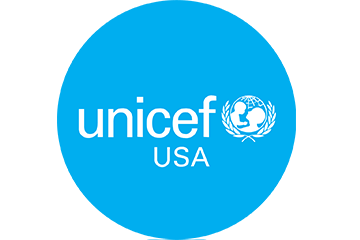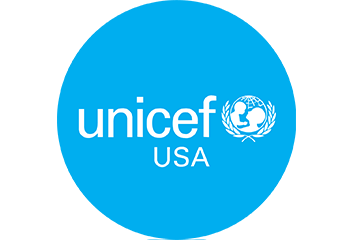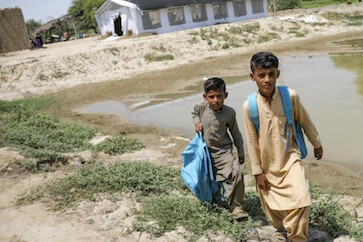Since June, torrential monsoon rains and floods have inundated large swathes of Pakistan, dumping up to five times the 30-year average rainfall and impacting at least 33 million people, according to the Government of Pakistan.
More than 1,000 people have died — a third of them children — and the death toll is expected to rise as flash flooding continues. More than 200,000 homes have been swept away. Livestock, crops and orchards are gone, robbing families of their livelihoods.
Devastating floods in Pakistan are putting millions of children at risk.
UNICEF is on the ground, reaching families with lifesaving health services, water and hygiene kits. pic.twitter.com/ORKefLEe2P
— UNICEF (@UNICEF) August 29, 2022
Over 1,860 miles of roads and 145 bridges have been damaged or destroyed, cutting off some districts, stranding families and children and impeding the delivery of emergency aid.
Despite the challenges to access in some parts of the country, UNICEF has already delivered lifesaving humanitarian supplies worth $1 million and provided emergency services in three provinces — Balochistan, Sindh and Khyber Pakhtunkhwa. Another $1.3 million will be distributed to meet urgent needs.
UNICEF is delivering safe water, lifesaving medical supplies, vaccines and more to protect devastated families
UNICEF is distributing safe drinking water, lifesaving medical supplies and vaccines, therapeutic food supplies and hygiene kits for children and families. UNICEF is also establishing temporary learning centers and looking after the protection and psychosocial wellbeing of children caught up in the climate change-related crisis.
On August 28, 2022, 9-year-old Arshia returns to her tent after collecting water from a collapsible tank installed by UNICEF in the army-run camp where she and her family have taken shelter in Thatta district, Sindh Province, Pakistan. © UNICEF/UN0694844/
UNICEF has set up temporary health centers to provide emergency treatment of minor illness, prenatal care for pregnant women, immunization to prevent the spread of infectious diseases, and health and nutrition services. More than 3,000 children and 1,000 pregnant women have been screened and provided appropriate treatment, including enrollment in outpatient therapeutic nutrition programs and distribution of micronutrient supplements.
Many of the hardest-hit districts are among the most vulnerable in Pakistan. Even before the current crisis, children living in these areas disproportionately suffered from high rates of malnutrition and poor access to water and sanitation. Many were not in school.
More help is needed to reach all the families displaced by the flooding and help them meet the immediate needs of their children in the face of this unfolding climate emergency. Your contribution can make a difference. Please donate today.
Top photo: On August 28, 2022, children in Naseerabad district, Balochistan Province, Pakistan, hold hygiene kits distributed by UNICEF after flash floods caused by heavy monsoon rains devastated remote rural communities. The kits contain soap, toothpaste, toothbrush, nail clippers and a comb. © UNICEF/UN0691118/Sami Malik





